Blogs
Concepts and Methods
This page features essays of between 700 and 2000 words on the concepts and methods that inform the analysis of political catchwords. Postings here may address definitions of terms, observations on existing research, proposals for investigative methods, notes on relevant datasets, reflections on theoretical issues and cultural/linguistic contexts, etc. No endorsements or publicity material will feature here.
Authors, and not the project coordinators, are responsible for the views expressed in these essays and for checking sources and evidence cited.
-

The present (in the german context)
The present in the temporal sense no longer refers exclusively to the presence of a person, but to all relationships that exist in the present—those that are current yet also subject to change. With the emergence of the term ‘present’, the multiplicity of contemporary relationships is metonymically or elliptically summarized as ‘the present,’ abstracting the concept into a temporal framework.
3rd October 2024 -

How Historical Catchphrases Work: In Bowdlerisation Discourse, For Instance
Generalising from last year’s media controversies over the supposed “bowdlerisation” of Roald Dahl by his current publisher, Puffin UK, this essay proposes a new sub-category of catchphrase—the historical catchphrase. Snippet-style or catchphrase-length historical analogies like “bowdlerisation” connect present-day controversies with episodes from popular historical memory, telling us what to think of the present using the lenses of the past.
13th August 2024 -

‘Winged words’: An Anglophone perspective
The essay begins by noting that the usual translation of ‘catchwords’ into Russian is ‘krylatye slova’ or ‘winged words’. The Homeric origins of the phrase, its Russian adaptation via Georg Büchmann’s Geflügelte Worte, and the study of such words by linguists are discussed. The assumption that such words have an authorial/textual origin is considered from an Anglophone perspective.
11th June 2024 -

Digital Mapping of Chinese Catchwords
With a view to initiating a blog on Chinese catchwords, this essay outlines a few contextual and methodological issues in relation to studying those from a media studies perspective.
30th May 2024 -
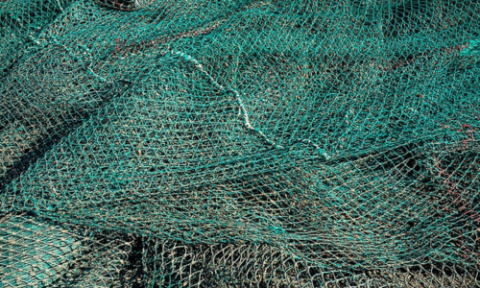
‘Winged Words’/ ‘Catchwords’/ ‘Precedent Lexemes’
This essay presents reflections on the construal behind and possible overlap between the terms ‘winged words’ (including ‘winged phrases’), ‘catchwords’ (including ‘catchphrases’), and ‘precedent lexemes’ (under which both words and phraseological units are subsumed). The first and last are familiar in Bulgarian and Russian.
23rd May 2024 -

Keywords (关键词) and Catchwords (流行语): Notes from China
Wang Yusu explains what 'catchwords' and 'keywords' mean in relation to Chinese Internet subcultures, and gives an overview of sources and disciplinary approaches.
3rd April 2024 -
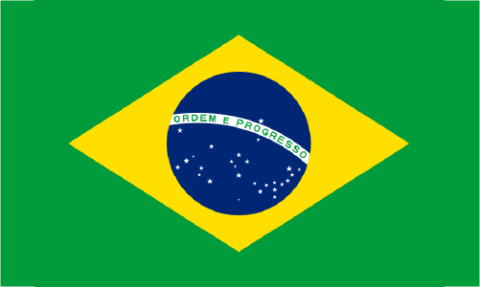
Adorno’s uncatching words versus Bolsonaro’s floating signifiers
This essay uses Theodor Adorno's concept of Stichworte to clarify how catchwords/phrases work, with illustrations of catchwords/phrases generated by former Brazilian President Bolsonaro's organisation and supporters.
28th February 2024 -
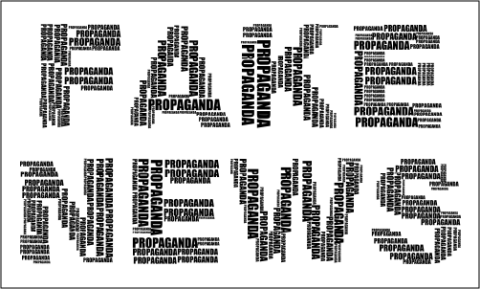
Political slogans as a form of fake news
This article discusses how political catchphrases – and political slogans in particular – relate to the generation of mis- and disinformation, and at how the elements that constitute both political slogans and ‘fake news’ are closely related to a set of core properties found in propaganda.
18th December 2023 -

On Defining Definitions
The study of political catchwords involve some delicate negotiations with definitions. This essay considers what definitions are and what they do.
23rd November 2023 -

Catchwords and Unnameable Names
This essay draws upon Sylvain Lazarus's Anthropology of the Name (1996 [in English 2015]) to propose an explanation as to why certain political catchwords/phrases become such.
26th October 2023 -
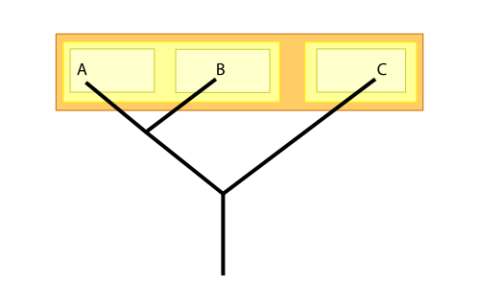
A taxonomy of political catchphrases
In this article I address the question of what constitutes a political catchphrase, and in formulating an answer, look at the range of partially synonymous and related terms which fall broadly within the semantic field of the ‘catchphrase’.
19th October 2023 -

Archives of Perceptual Frequency Estimations
A discussion of how archives of perceptual estimations may be used to explain why catchwords catch.
16th October 2023 -

Catchwords, Intentions and Embeddings
This essay considers ways of determining why terms become catchwords by using NLP methods.
7th September 2023 -
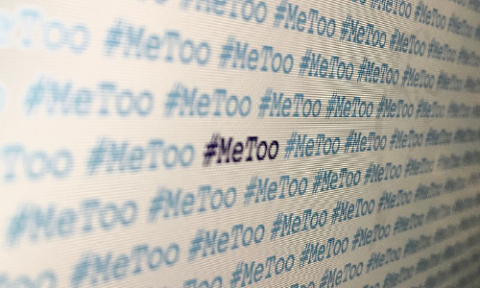
Frequency Matters
Catchwords/phrases catch on, so their uptake is the starting point for thinking about them. This blog outlines some of the definitive features of catchwords/phrases, and discusses the frequencies of usage that characterise their catchiness
21st August 2023 -

Metaphoric Affinities
This blog considers an open set of words and phrases which are descriptively qualified by a metaphoric prefix: ‘catch-’. Like ‘catchwords’, other sets of words and phrases are also named with metaphoric prefixes: ‘keywords’, ‘buzzwords’, ‘winged words’.
2nd August 2023
